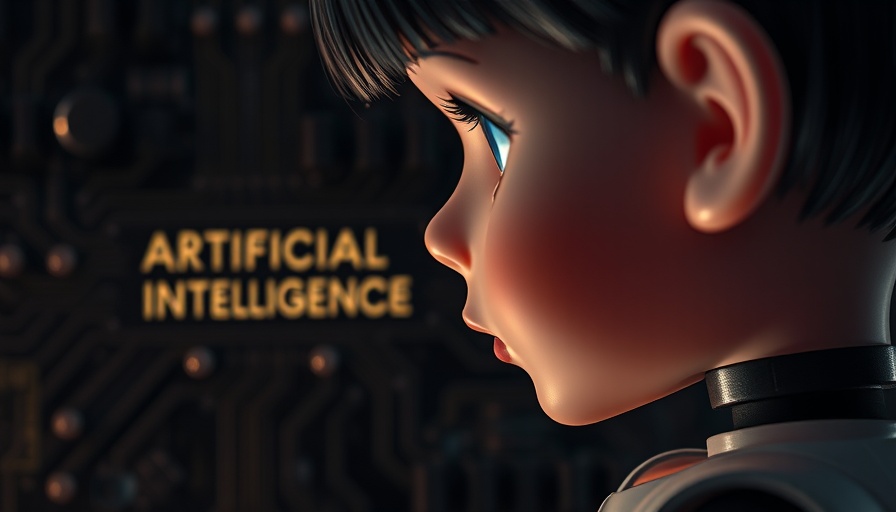
OpenAI's Leap Forward in the AI Arena
On March 11, 2025, OpenAI announced the release of new developer tools that significantly enhance the capabilities for building advanced AI agents. This move comes in response to the rapidly growing competition from Chinese AI startups, whose innovations are reshaping the landscape. Among these startups, Monica’s Manus AI and DeepSeek have garnered significant attention for their promising capabilities, challenging even the most established AI solutions in the U.S.
What Are AI Agents?
OpenAI's new tools focus on the development of AI agents, systems designed to autonomously perform complex tasks without ongoing human guidance. These agents leverage various application programming interfaces (APIs) to ensure standardized communication among software components. The newly introduced Responses API serves as an evolution of the previous Assistants API, poised to enhance developers' capabilities to create operational agents without incurring additional costs. As a strategic move, OpenAI aims to solidify its market position while facilitating easier access for developers eager to build efficient AI solutions.
The Competitive Landscape: A Closer Look
The urgency of OpenAI's innovations can be traced back to the impressive strides made by Chinese startups. Companies like Monica have rapidly developed AI that not only matches but often exceeds the performance of U.S. models. The Manus AI from Monica, which has recently partnered with Alibaba's Qwen AI, is one such example that has caught the eye of industry insiders. As these companies push forward, they promise more competitive pricing alongside cutting-edge performance.
Why This Matters for Developers
The implications of OpenAI's latest tools extend beyond mere feature updates; they signal a broader shift in how AI tools are being made accessible. Developers now have access to streamlined APIs which simplify the creation of agentic applications, addressing previous challenges such as prompt iteration and orchestration logic complexity. With this new SDK for agents, developers are empowered to innovate more freely and efficiently.
Future Predictions: A Diverse AI Ecosystem
As AI technologies continue to evolve, we can expect a more diversified ecosystem where various players—both established and emerging—flourish. OpenAI's enhancements are likely to fuel a wave of creativity in the AI sector, inspiring developers to explore the boundaries of what is possible. With Chinese startups accelerating their development cycles, the landscape will become increasingly competitive, potentially driving down costs and improving AI solutions for consumers.
Understanding the Value of These Developments
The launch of these tools not only impacts the operational capabilities of AI agents but also shapes the future of human-AI interactions. As these agents become more effective in managing tasks—from simple online shopping to complex research analysis—they offer profound implications for productivity across various sectors. The availability of powerful, developer-friendly tools may drive widespread adoption, fundamentally altering how everyday tech engages users.
Take Action: Explore the New Developer Tools
For AI enthusiasts and developers alike, the opportunity to harness the full power of OpenAI's new tools is within reach. Engaging with these cutting-edge resources will not only help you create innovative applications but will also position you favorably in a rapidly evolving competitive landscape. Whether you're an experienced developer or just starting, diving into OpenAI’s developer platform is a step towards redefining the future of AI.
 Add Row
Add Row  Add
Add 




 Add Row
Add Row  Add
Add 

Write A Comment